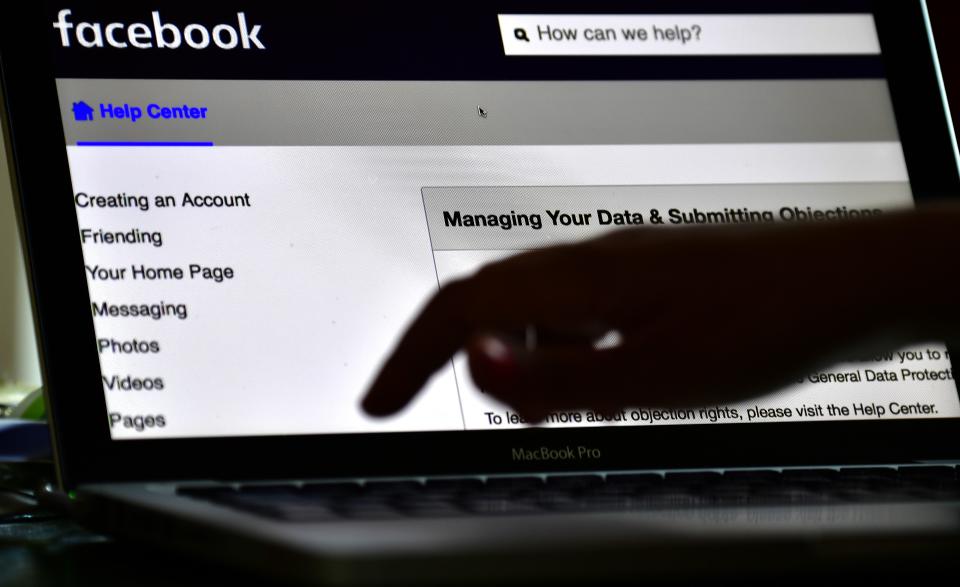Irish watchdog sees 70% surge in reports of data security breaches

One of Europe’s top data protection watchdogs has seen a massive wave of new reporting of security breaches, up 70% in 2018 compared to the previous year.
The Irish Data Protection Commission – which takes the lead in regulating and investigating breaches by companies such as Facebook (FB) – said firms notified it about more than 4,700 data security incidents last year.
The huge increase in corporate self-reporting can be attributed to the introduction of Europe’s new rules called General Data Protection Regulation (GDPR), which makes the reporting mandatory. Previously, companies only voluntarily reported problems.
GDPR, which was introduced across the European Union in late May 2018, was considered a groundbreaking development in protecting Europeans and their online personal data. Companies that break the rules and leak out consumer data are threatened with penalties of up to 4% of their global annual revenue.
Facebook, for example, revealed in September that hackers gained login details for about 50 million accounts, with some of those accounts belonging to Europeans. The new GDPR rules forced Facebook to come clean about the hack in a timely fashion, and the agency moved quickly to launch a formal investigation to see if the tech giant failed to abide by EU data privacy rules.
The Irish regulator is one of the first EU data agencies to report its annual figures for 2018.
It also reported a 56% rise in data complaints, up to 4,100 in 2018 from 2,600 in 2017.
“The rise in the number of complaints and queries demonstrates a new level of mobilisation to action on the part of individuals to tackle what they see as misuse or failure to adequately explain what is being done with their data,” said the agency’s leading commissioner, Helen Dixon.
Dixon said that her agency, with a growing staff of more than 100, was feeling “very optimistic about the improvements we will see in Ireland in personal data handling practices over the next few years.”

 Yahoo Finance
Yahoo Finance 